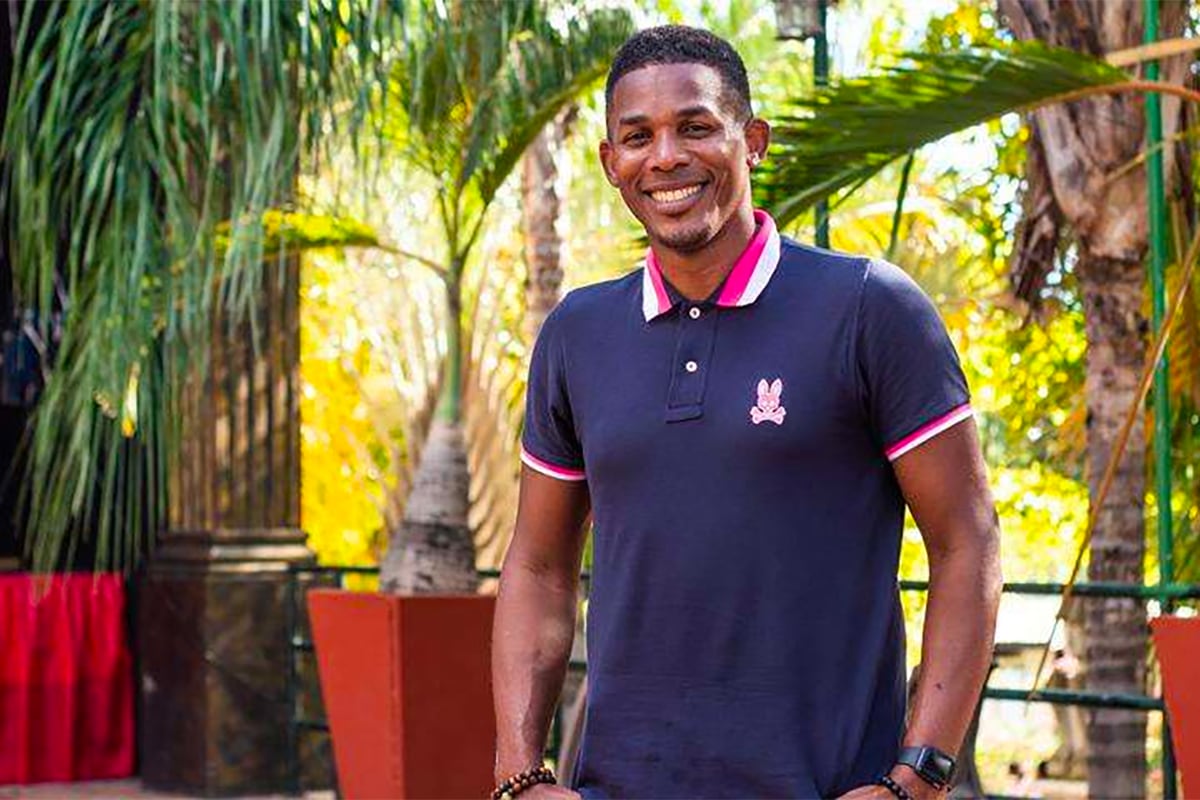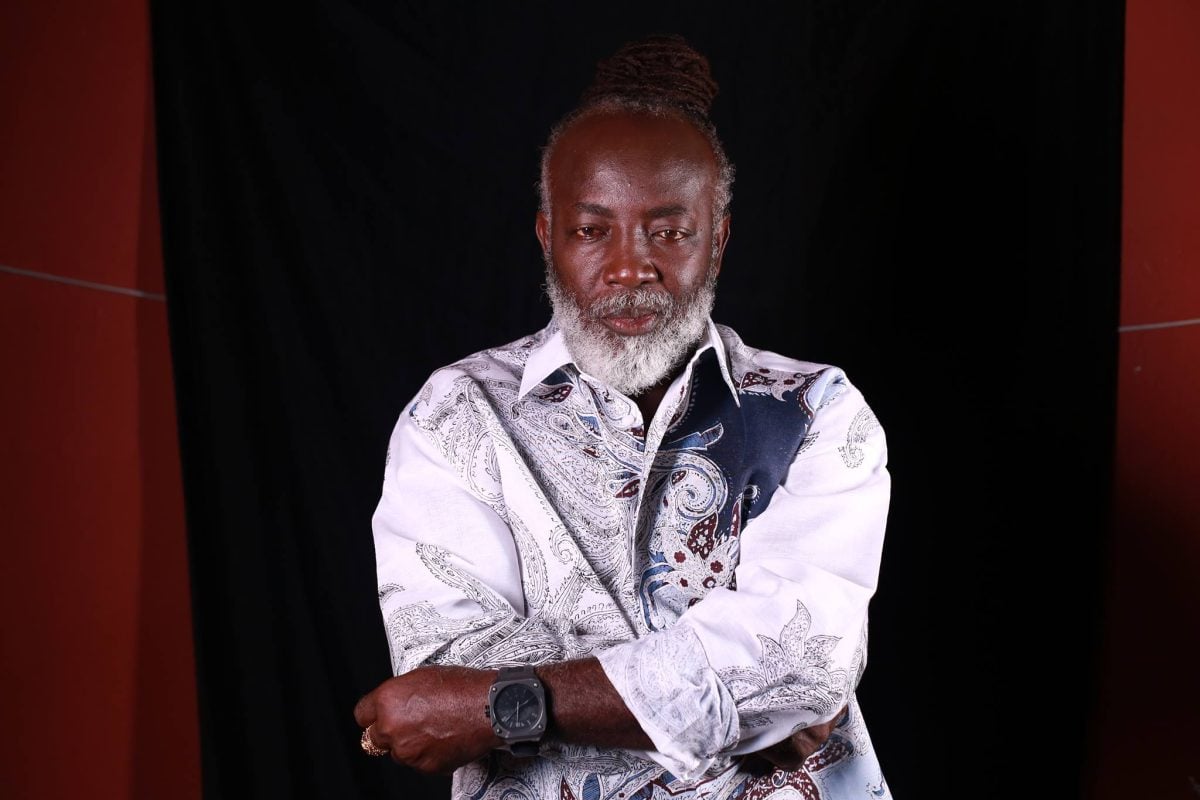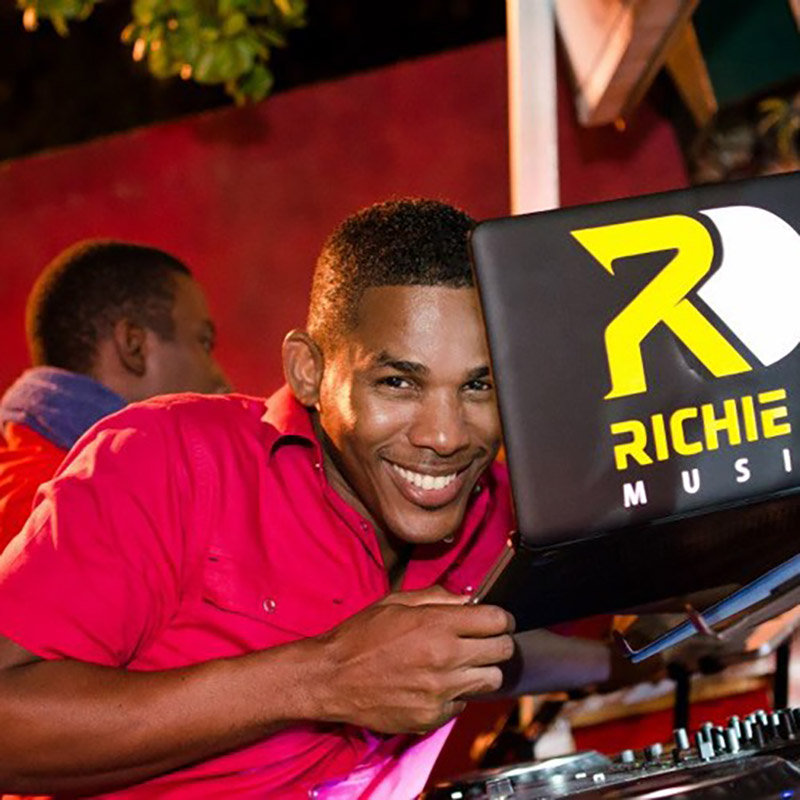Producer Richie D Proposes An ‘Old School Dancehall’ Revival

Record producer and disc jockey Richie D has presented a formula for how Dancehall can regain its spot on the global stage.
According to the seemingly excited Ooh Ah Ah producer, this could be accomplished if producers and artists across Jamaica collectively tackle the lull in the music frontally by recreating versions of “Old School Dancehall” with “new sounds, styles and deejays” in the same manner other prolific producers have done over the decades, to great success, with scores of riddims, such as Sleng Teng, Answer, Mud Up and the Punany, which has had ten versions since the 1980s.
The number of riddims produced in Jamaica over the decades, spanning Reggae and Dancehall, stands in the thousands, recording data shows. According to Richie D, these could catalyze the global redemption of Dancehall music, especially when current generation artists, whom he described as incredibly talented, record songs on them.
“We can evolve and do great things with our music. Even bigger than we’ve done in the past. Imagine if collectively we recreate Dancehall feel and grooves and incorporate whatever new sounds styles and djs to them. Dancehall would be back and stronger than ever worldwide,” Richie D said.
“We have nuff new super talents in today’s “dancehall/ trap” whatever it’s called. Can Imagine that? We would once again control the world with our music. Valiant is one of my favorite new artist. There’s a lot of talent out there to mention as well. But Imagine them on Faith riddim 😀 (shameless plug) or Stalag or a Drop Leaf riddim? The world would be back copying us. Bless up!” he stated.
In 2021, Reggae icon Freddie McGregor had similarly suggested that Dancehall music professionals should take advantage of Jamaica’s extensive music catalog to fill what he described as the “production deficit” with which the genre is now struggling.
McGregor, in an Op-Ed in the Sunday Observer, had said that “a real era of solid Dancehall music” was cemented by icons such as Sly and Robbie, Steely and Clevie, Dave Kelly, Lenky Marsden, and Danny Browne, followed by younger standouts such as Don Corleon, his son Stephen “Di Genius” McGregor, and Rvssian. However, according to the Big Ship boss, in recent times, there seems to have been a dearth of pre-eminent producers, which has left him to wonder whether “the creative musical juices all dried up.”

“Right now we are following the trend in the United States of America with this thing called trap music, and what is really happening is that we are trapping ourselves with something that is not Jamaican. Are we lost?” McGregor wrote.
“If the creative juices are running low then it is time to revert to what we have and even tweak it to be a little different. We can still create magic with what we have,” he continued.
Richie D also re-emphasized that the only issue within the music landscape that might be stymieing his Jamaican compatriots, was that at present, “non-traditional dancehall hall riddims out-numbers our traditional type Dancehall groves and beats”.
In the same breath, however, the producer pointed out that Dancehall artists have from time to time experimented with beats outside of their genre with mammoth success.
“Back in the days with mad cobra flex , shabba mr loverman (the remix) for example, all were solid but we still had majority reggae and dancehall foundation vibe in music coming out of Jamaica. We’ve lost that today,” he said.
Richie D, who served as Bounty Killer’s DJ during the iconic VERZUZ clash with Beenie Man, is able to speak with authority, based on his experience.
He was a part of Sean Paul’s Grammy-winning, triple-platinum album, Dutty Rock, on which he penned and produced the song Punkie and which was later synced in the movie, After The Sunset.
Additionally, in his role as music producer he has several hit songs, among them Tanto Metro and Devonte’s Teaser, Bounty Killer’s The Greatest, Brian and Tony Gold’s Must Be a Sign, Tony Curtis’ Faith, Hawkeye’s Ooh Ah Ah, and Delly Ranx’s What a Gal Can Wine.
Richie D said while he supports young artists dabbling in other genres such as Trap, he would love to see them “mix it up.”
“I will never knock the yutes and what they’re doing today. Sounds / instruments / technology has evolved since the 80s, 90s to early 2000s in all genres and that’s ok. One example is “punany riddim”. It has 10 versions since the 80s and if you listen to the original Admiral Bailey punany vs Beenie man romie they’re the same riddim different sounds,” he said.
“Not saying we must rebuild old riddims over and over but when you change the grove and feel of a genre, you’ve now moved away from that genre all together and created something else. And it will not exist for very long if majority of our music coming from Jamaica has moved away,” he added.
Richie D, like his compatriot Beenie Man alluded to recently in an Onstage interview, was quick to point out that Dancehall and Reggae can never die, as was being espoused by naysayers in some quarters.
“Dancehall/Reggae is not dead in my opinion. Our music can never die. However, we’ve moved away from its foundation for quite some time now and created something else entirely. That’s ok too, because it adds to the evolution of our culture. We had mento ska reggae then dancehall. Some ppl hated dancehall at first I’m sure. I’ve sat in rooms over hearing older producers / musicians dissing Tony and Dave Kelly sounds when Dave did showtime for example,” he explained.
As it relates to quality of song-writing in Jamaica, Richie D said that it was a given that the standard must be high, in order for songs to hit and for the Dancehall genre to regain its space in world music.
“To me that goes without saying. The composition on a whole from writing to mastering should always remain up to standard . I’m the end our culture still remains with our unique sound and styles,” he said.

